The beautiful valley of Pahalgam in Kashmir, which is famous for its peace and tourism, became witness to a horrific incident on 22 April 2025 when some heavily armed militants opened fire, in which 26 people lost their lives and many were injured.
Immediately after this incident, the Indian government took swift and strict action to punish the culprits and strengthen the country’s security and integrity. India gave a clear message to the world—terrorism will not be tolerated at all.
The attack that shook the entire country
Around 3 pm, militants opened fire on tourist groups in Baisaran Valley without any warning. According to eyewitnesses, the militants were targeting people by asking about their religion.
Those killed included tourists from several states, a Nepalese traveler, a Christian missionary, and a local Muslim who was helping the people.
This attack is considered the biggest attack on civilians in Kashmir after the 2008 Mumbai attacks.

Government’s immediate reply: With speed and strength
PM Narendra Modi canceled his Saudi Arabia trip and immediately called an emergency meeting of the Cabinet Committee on Security (CCS). After the meeting, some major decisions were announced:
Suspending the Indus Waters Treaty
For the first time, India suspended the Indus Waters Treaty, saying that the basic principles of trust in sharing water had been broken.
“Blood and water cannot go together,” PM Modi said in his address.
This will have a huge impact on Pakistan’s economy, which is largely dependent on agriculture.
Diplomatic Isolation
Steps were taken at the diplomatic level as well:
- Diplomats of Pakistan’s High Commission were expelled.
- Attari-Wagah border was closed.
- Lobbying was started for actions against Pakistan in forums like SAARC and UN.
- India’s diplomats were called back from Islamabad.
This was a clear message: Countries supporting terrorism will be left alone.
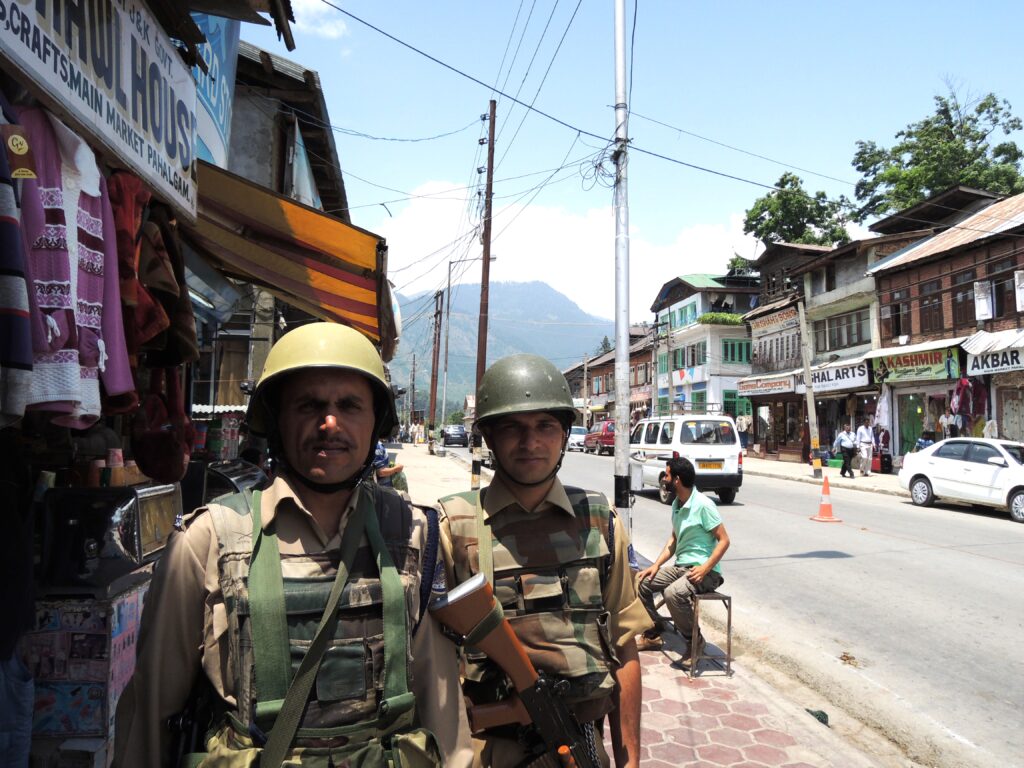
Border Security and Army Deployment
Home Ministry alerted army and paramilitary forces on the border and LoC:
- Extra troops were deployed.
- Monitoring started with surveillance drones and satellites.
- “Shoot-at-sight” orders were issued for suspicious activities.
New Guidelines for Internal Security and Tourism
New protocols were implemented to protect the tourism industry and the safety of people:
- Security Clearance Mandatory: All tour operators, guides, and hotels will have to take new security clearances.
- GPS Tracking: GPS trackers have been made compulsory in tourist vehicles.
- Quick Response Teams: Special emergency teams have been deployed at every major tourist spot.
- 24×7 Tourism Helpline: A helpline has been started which will provide multilingual support.
- Regular Drills: Regular security drills will be conducted in hotels, temples, mosques, and public places.
The National Investigation Agency (NIA) has started investigating the case.
According to initial findings, the attackers had links with Lashkar-e-Taiba. Identifications and sketches of the three suspects – “Moosa”, “Yunus”, and “Asif” – have been released.
Interpol has also been requested to issue Red Corner Notices.
World’s Reaction
The whole world expressed its solidarity with India:
- UN Secretary-General Antonio Guterres strongly condemned the attack.
- US President Joe Biden and Vice President JD Vance showed solidarity with India.
- France, Australia, Japan, and Middle East countries also condemned this barbaric attack and supported India.
Pakistan, as expected, denied involvement, but closed its airspace for Indian flights, which further increased tensions.
Border tensions and increasing stress
Skirmishes have started on the Line of Control right after the attack. Firing and drone movements have been reported.
Army, Navy, and Air Force have been put on high alert. Missile units and quick reaction teams have been put on standby mode.
Although there has been an appeal for “restraint” from all over the world, India’s mood is quite aggressive this time.
United Country: Unity Even in Grief
After this attack, candle marches, solidarity events, and relief funds were initiated across the country.
Especially the local people of Kashmir – pony handlers and Gurudwara volunteers – helped save the tourists, which is a great example of humanity and Kashmiriyat.
Conclusion: India’s stance changed
The Pahalgam attack has once again proved that India will not just react against terrorism, but will take proactive action.
Suspending the Indus Treaty, boosting border security, and diplomatically cornering Pakistan, all show that India can go to any extent when it comes to its security.
India will never forget the Pahalgam incident – and those who have made such remarks will get a befitting reply.
Today India is united and is fighting for its security and peace with a new thinking.

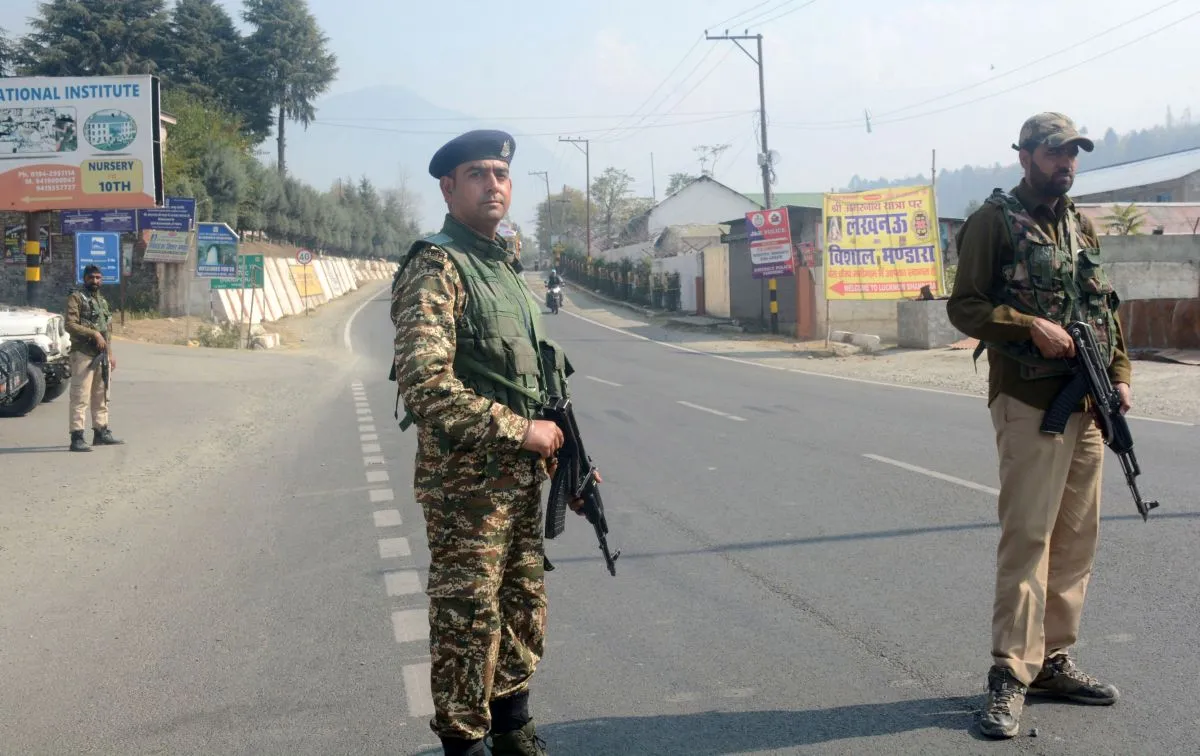
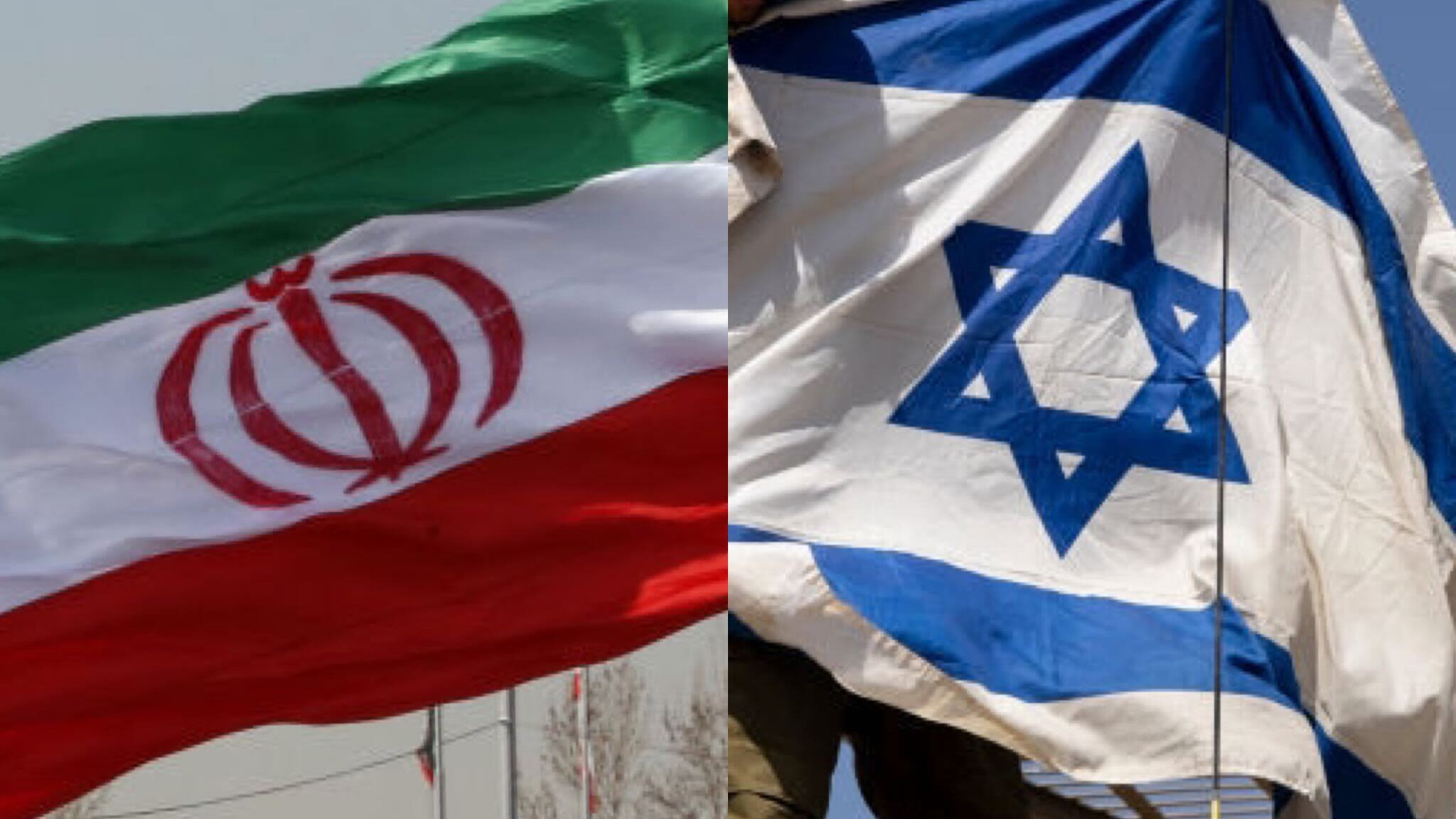




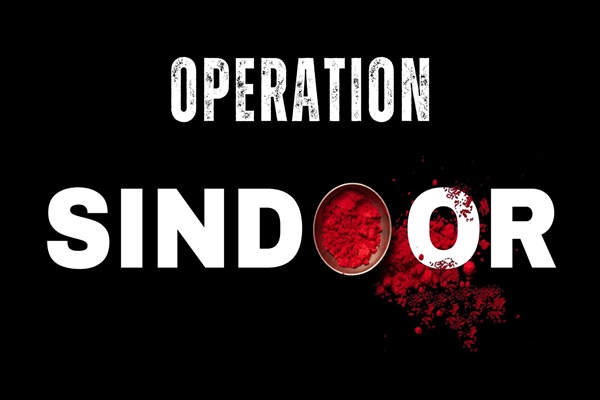
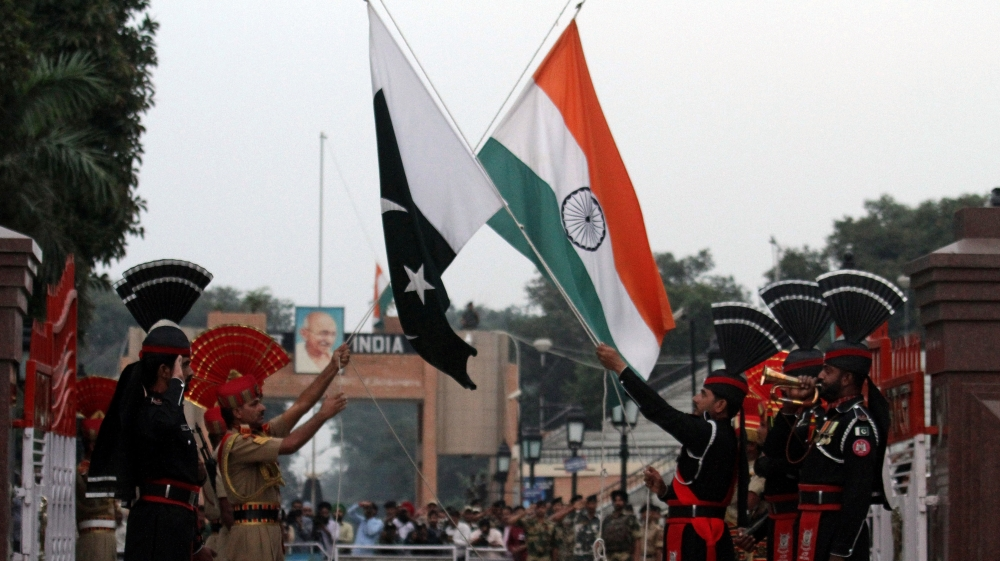
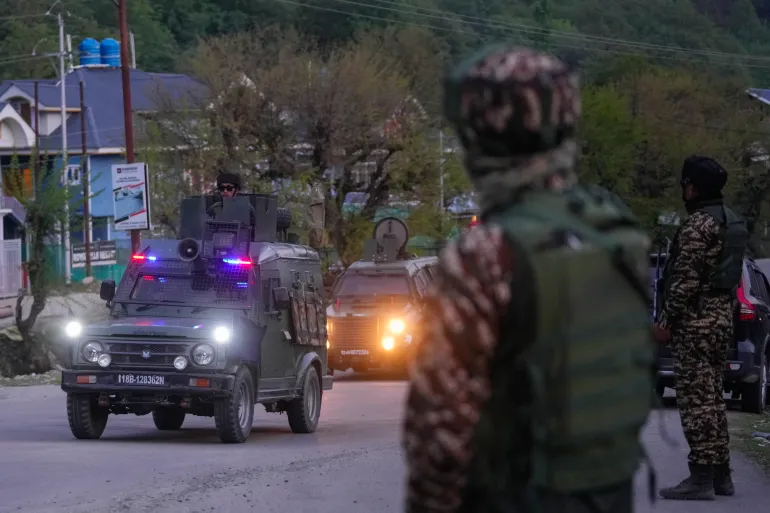



Объявления
The incident in Pahalgam is truly heartbreaking and raises serious concerns about the safety of civilians in conflict zones. It’s alarming how such a peaceful place became a target for such violence. The swift action by the Indian government sends a strong message, but I wonder if suspending the Indus Waters Treaty might escalate tensions further. How will this decision impact the long-term relationship between India and Pakistan? The targeting of people based on religion is deeply disturbing and highlights the need for greater unity and tolerance. What measures can be taken to ensure such incidents don’t happen again? The world’s solidarity is encouraging, but will it translate into concrete actions to combat terrorism?